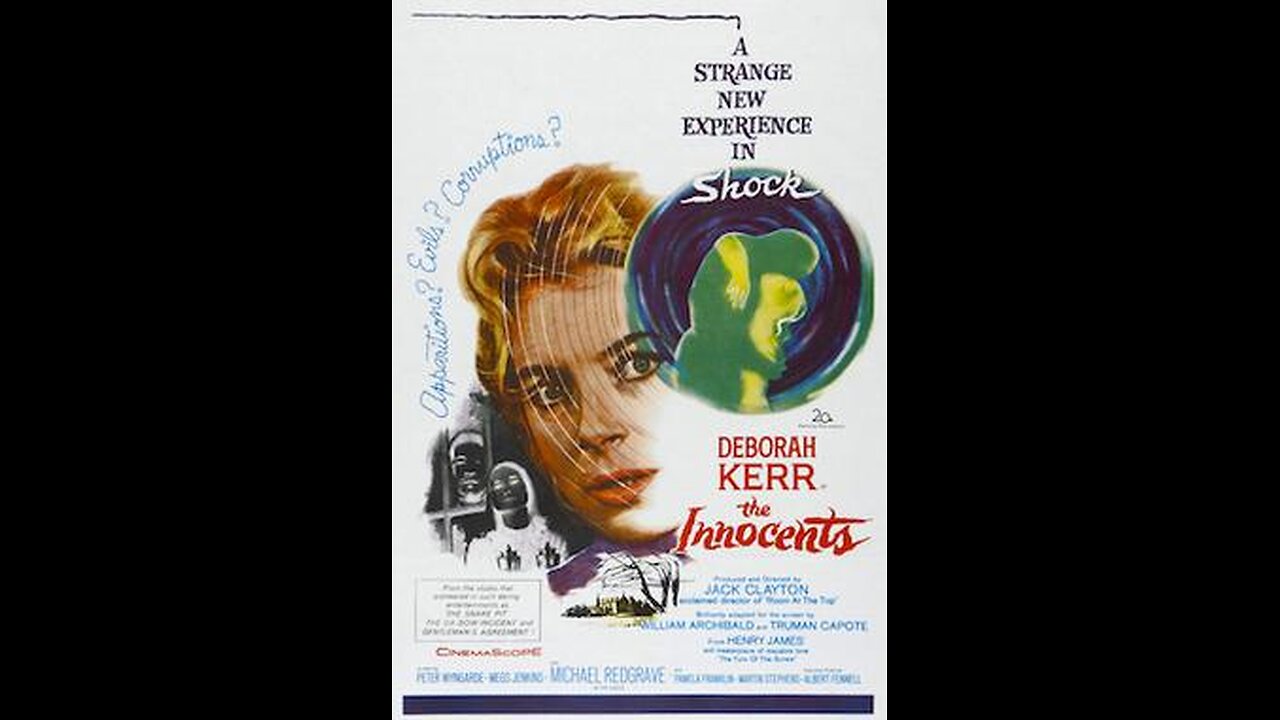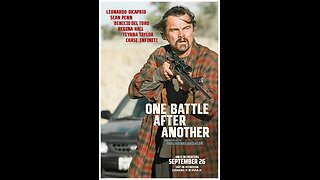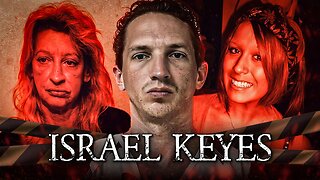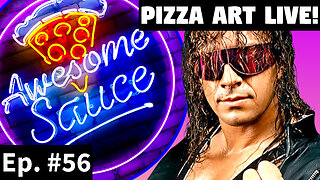Premium Only Content

Movie Audi Commentary - The Innocents - 1961 - Criterion Commentary
The Innocents is a 1961 gothic psychological horror film directed and produced by Jack Clayton, and starring Deborah Kerr, Michael Redgrave, and Megs Jenkins. Based on the 1898 novella The Turn of the Screw by the American novelist Henry James, the screenplay was adapted by William Archibald and Truman Capote, who used Archibald's own 1950 stage play—also titled The Innocents—as a primary source text. Its plot follows a governess who watches over two children and comes to fear that their large estate is haunted by ghosts and that the children are being possessed.
Archibald's original screenplay for The Innocents was based on the premise that the paranormal events depicted were legitimate. Displeased with Archibald's take on the material, director Jack Clayton appointed American writer Truman Capote to rework the script. Capote's rewrites incorporated psychological themes, resulting in a final work that suggests other alternatives to the plot. Filming took place partly on location at the Gothic mansion of Sheffield Park in Sussex, with additional shoots occurring at Shepperton Studios in Surrey. Shot in CinemaScope, The Innocents incorporated bold minimal lighting as well as deep focus, employed by cinematographer Freddie Francis to achieve a distinctive—and sometimes claustrophobic—atmosphere. The film also pioneered the use of synthesised electronic sound created by Daphne Oram.[6] Clayton was dissatisfied with the original score of the movie by French composer Georges Auric and requested some alteration. However, because Auric was not available due to health problems, Clayton turned to W. Lambert Williamson.
The Innocents received international distribution from the American film studio 20th Century Fox, and received its London premiere on 24 November 1961. It was released in the United States the following month on 15 December in Los Angeles and Christmas Day in New York City. The psychological underpinnings of the film's screenplay have resulted in it being the subject of numerous critical and scholarly essays, particularly in the area of film theory. It was selected by The Guardian as one of the 25 best horror films ever made.[7]
-
 2:24
2:24
Movies From The Past
3 days agoOfficial Trailer 2 - One Battle After Another - 2025
987 -
 9:27
9:27
MattMorseTV
2 days ago $17.85 earnedHe just lost EVERYTHING.
76K117 -
 7:10:39
7:10:39
MyronGainesX
1 day agoFormer Fed Explains Serial Killer Israel Keyes, Yahweh ben Yaweh, And The El Rukn Gang, And Police Shooting Reactions!
138K35 -
 4:22:33
4:22:33
Due Dissidence
15 hours agoGaza STARVATION Hits Tipping Point, Flotilla CAPTURED, Bongino BREAKS SILENCE, Maxwell MEETS DOJ,
57.1K133 -
 10:52:37
10:52:37
GritsGG
16 hours agoWin Streaking! Most Wins 3180+! 🔥
100K2 -
 3:01:03
3:01:03
This is the Ray Gaming
8 hours agoSunday Night LIVE | Rumble Premium Streamer
31.1K -
 2:42:31
2:42:31
Barry Cunningham
13 hours agoPRESIDENT TRUMP IS SAVING AMERICA ONE DEAL AT A TIME! UNBELIEVABLE!
95.5K57 -
 5:12:47
5:12:47
EricJohnPizzaArtist
5 days agoAwesome Sauce PIZZA ART LIVE Ep. #56: Bret “The Hitman” Hart Tribute with SoundBoardLord!
52.7K8 -
 1:38:08
1:38:08
HELMETFIRE
8 hours ago🟢GAMING WITH FIRE EP4🟢RUMBLE TAKEOVER!🟢
36.6K -
 5:16:57
5:16:57
iCheapshot
9 hours agoCheap Plays Warzone Again? What!?
32.3K1